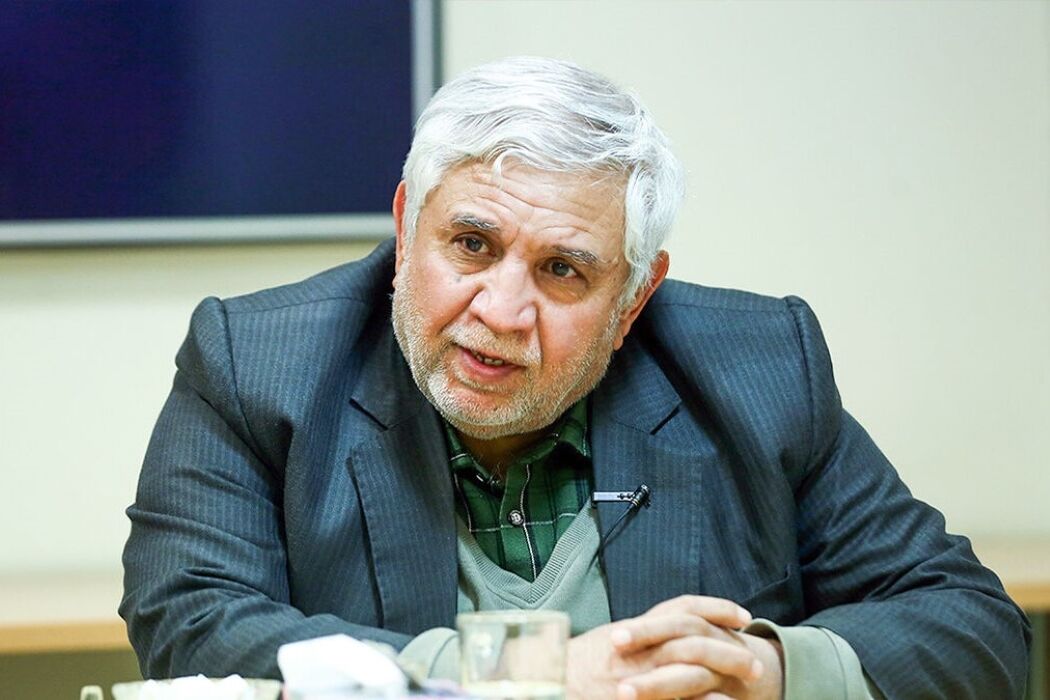Netanyahu faces at least five serious allegations that have not only created significant problems within occupied Palestine but have also led to a decline in support from Israel's allies in America and Europe. The details of these cases are briefly outlined as follows:
Political corruption and leaked information: Netanyahu's first case involves the leaking of confidential information from the Israeli Prime Minister's office, revealing his lack of concern for the release of Israeli captives. Confidential details about the release of the captives and the Hamas ceasefire plan suggest that Netanyahu's goal is to continue the genocide in Gaza and oppose any ceasefire, prioritizing his own survival and retention of power. Four suspects arrested by Israeli security and judicial agents in October admitted to transmitting false information to Israeli authorities and the public to support Netanyahu's policies. For instance, Eliezer Feldstein, a close associate of Netanyahu, who has served as a spokesman in his office since the war began, is accused of manipulating public opinion to favor Netanyahu using secret military information. Critics allege that Netanyahu has halted efforts to return the captives and has prolonged the war in Gaza, and extending it to Lebanon, to maintain his position as prime minister.
Tampering with protocols: Netanyahu's second case pertains to attempts to alter the protocols and documents related to the Gaza war, aiming to influence the official investigation into the operational failures that occurred on October 7. A criminal investigation into the events at the onset of the Gaza war has been initiated by security and judicial institutions. The serious crimes unit of the Israel Police (LAHAV 433) has stated that, based on confessions from suspects, Netanyahu's office has tampered with cabinet meeting records. During these meetings, experts warned Netanyahu of the potential for a Hamas attack, which he optimistically dismissed, claiming Hamas lacked the courage to strike Israel. Had the original minutes of the cabinet meetings been presented to the judiciary before manipulation, Netanyahu could have faced charges for ignoring expert warnings regarding the Al-Aqsa Storm Operation. The documents collected by the Israeli judiciary serve as a precursor to a possible investigation into the failures that contributed to the war its and prolongation.
Blackmail of military officers: The third case involves actions taken by individuals within Netanyahu's office who pressured a senior military officer to provide confidential military information by showing him a sexual video. This blackmail, likely connected to the previous two cases, indicates that Netanyahu's operatives within the Israeli army stole sensitive documents and transferred them to the Prime Minister's office. These documents were intended to be manipulated and published in the media against the army. The scandal surrounding the leak of sensitive military documents and the intimidation of a high-ranking officer reflects the secret conflict between the Prime Minister and the Israeli army, potentially exposing Netanyahu to legal repercussions. Reports indicate that two officials from Netanyahu's office showed a compromising personal video to a senior army officer, coercing him to act as a spy for the Prime Minister.
Incident with Yoav Galant: The fourth case involves a video of Yoav Galant, the former minister of military affairs, which shows that security personnel prevented him from entering a secret meeting regarding the Gaza war at Netanyahu's office. Security camera footage from the Ministry reveals that on October 12, 2023, Galant arrived at the Ministry's headquarters to attend a security cabinet meeting at Netanyahu's invitation but was barred from entry. The Hebrew newspaper Yediot Aharonot reported that Galant clashed with the Prime Minister's security forces shortly after the Al-Aqsa Storm Operation began. The report suggests that Netanyahu deliberately sought to humiliate Galant, highlighting internal cabinet divisions and tensions between the Israeli cabinet and the military, which ultimately led to Galant's dismissal.
Ongoing corruption case: In addition to these recent cases related to the aftermath of the Al-Aqsa Storm Operation, Netanyahu's controversial case involving fraud, bribery, and breach of trust from several years ago remains unresolved. This case is so significant that David Amsalam, a representative of the Likud party, considers it more critical than the release of captives, stating: "War? Hostages? No, no. Now the most important issue is the resumption of Netanyahu's trial."
Experts predict that Netanyahu's financial and security violations may cause Donald Trump to hesitate in supporting him. The US president-elect's backing of Netanyahu could position him against public opinion in Israel and compromise the military and security of the regime. For these reasons, Eran Yashif, a writer for the Israeli newspaper Haaretz, believes that "Trump will definitely withdraw his support for Netanyahu because Netanyahu will definitely be tried for corruption and there is no clear future for the right-wing Israeli prime minister."
4353**2050



Your Comment